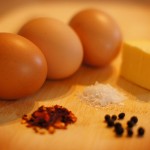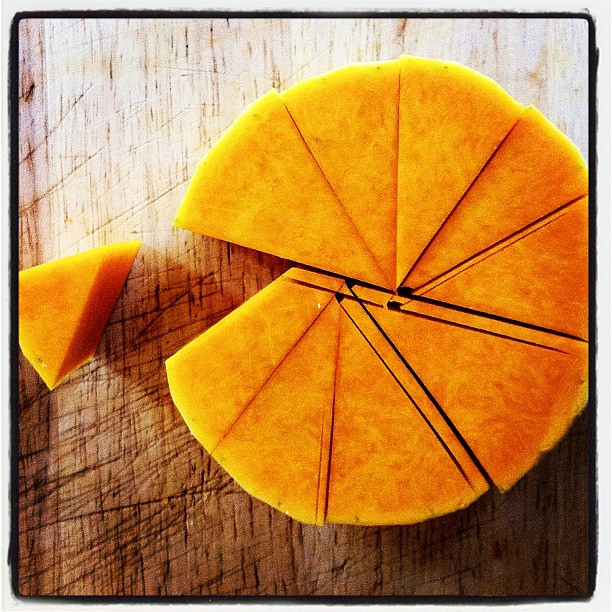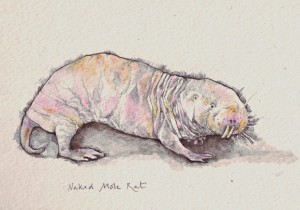
Have you ever sat in a Maths class wondering when you will ever need to do long division without a calculator? Or silently cursed your Geography teacher while learning about the formation of oxbow lakes? And History? That’s all in the past and irrelevant, isn’t it?
In this series of articles, we will look at some of the subjects we learn at school, and try and answer the question: What’s the point in learning maths?
Let’s start with Maths. It is a fact of life that while some people are good at Maths, for others it is a daily trial. It is, however, along with English and the sciences the subject considered to be the most important. Why? Of course, we all know that it is important to be able to count, and do simple sums, but when, in real life, do we actually use it?
Shopping
What do you want to buy and how much money do you have to spend? Supermarkets and other stores use Maths to entice us with special offers. They also use our lack of Maths knowledge to make us think we are getting more for our money, when in fact, it is they who are getting more. They are a business so want to make money, but we are the customers, and we want to get the best value for money.
You may notice, for example, that two individual packets of biscuits sold at 50p each, but grouped together in a package and sold as a special offer at £1.15 will cost you 15p extra. If you want to read more about why Maths is useful to avoid those kinds of traps, have a look at this article.
Cooking
We use Maths every time we cook even the simplest meals. Timing, weighing, measuring ingredients all use Maths. Sometimes we use a recipe written for two people and adapt it for more people, using Maths. Cooking a big meal, like Christmas dinner uses a surprising amount of Maths. Here is an article about how Maths is used in cooking. And if ever you became a chef? We’ll talk about that in a minute.
Going on Holiday
A trap that many tourists fall into is not being able to calculate how much their foreign currency is worth, thereby paying too much when they buy stuff. The value of currency changes slightly every day, which might not make much difference when you are just buying a souvenir, but might make far more when you are buying larger items.
Maths teaches us both how to work out how much money is worth using a calculator, but also gives us the mental arithmetic necessary to make a quick calculation in a shop.
DIY
Imagine you want to repaint your bedroom. How much paint will you need? It depends on how big each wall and the ceiling is in square metres (sqm). How will you work that out? Imagine your walls and ceiling add up to 40 sqm. And you may need one undercoat and two more layers of paint. If a label on a can of paint says that it will do 10 sqm, how many cans will you need? Making a mistake and buying too much could turn out to be expensive. Maths will help you get it right. What about that new chest of drawers you want? Will it fit? Will you be able to open the door without banging it on the chest? Maths will give you the answer.
So, budgeting, shopping, decorating your house and cooking your meals all use Maths. But one less obvious use for it is brain training. Your brain is like a muscle and needs to be challenged in order for it to be useful.
Maths trains our brain to think logically, objectively, and to analyse and solve problems. Memorising multiplication tables may be dull, but your brain will thank you for it. Slaving over angles and fractions and equations is hard, but you will find it useful later on, especially if you want to go into one of the many careers which use Maths. It’s not all accounting and teaching you know.
Jobs That Use Maths
Studying Maths at university isn’t for everyone, but those that do will have an incredible amount of careers open to them. Even a good grounding in school Maths opens doors to all kinds of jobs.
Chef

Photo by Chris Jones
As mentioned cooking meals involves Maths even at home. Imagine you are running a restaurant. You need to order all the food you may need for 30, 60, 150 people per meal. You can’t cook completely to order as people want their meals quickly. So you need to order enough food, have it ready to be served quickly, while still remaining fresh and make a profit. And this is where many restaurants go wrong.
The chef has to calculate how long she can keep fresh food. They adapt their menu every day: the specials you see on the menu are the things they need to use up. And what about the actual cooking? We’re not making soup for four, we’re making several soups for many more people. And salads, and main courses, and puddings… It’s a lot of work, and Maths is used every step of the way.
Forensic Scientists

Photo by Project Exploration
Forensic Scientists help the police in all kinds of cases, not just the scary murder cases you see on TV. They use the analytical skills that they learned in Maths to help solve all kinds of crimes. The practical Maths skills they use include geometry and algebra, as they try to put together a sequence of events which led up to a crime being committed. When did it happen? How? These are the questions a forensic scientist will answer before the investigation can start.
Cryptanalyst

Alan Turing sculpture Photo by Steve Nimmons
Or code breaker to you and me. Plenty of the people you would think of as spies are cryptanalysts. Criminals, hackers and terrorists often communicate in complex code, and the government need people who can work out these codes or create other codes to communicate secret information. These people use Maths as the foundation of everything they do, not to mention the problem solving skills and analytical thinking that they started to develop when they first started using Maths at primary school: brain training.
Here are some more ideas for you to consider:
doctor, pilot, vet, animator, accountant, engineer, architect, stockbroker, banker, pharmacist, statistician, technical writer, astrophysicist, psychologist…
Rebecca is a freelance writer, translator and coach who lives in France. In her spare time she enjoys history, cooking, travelling and reading.









I actually like maths. Prettu much every oxford degree wants a maths a level.